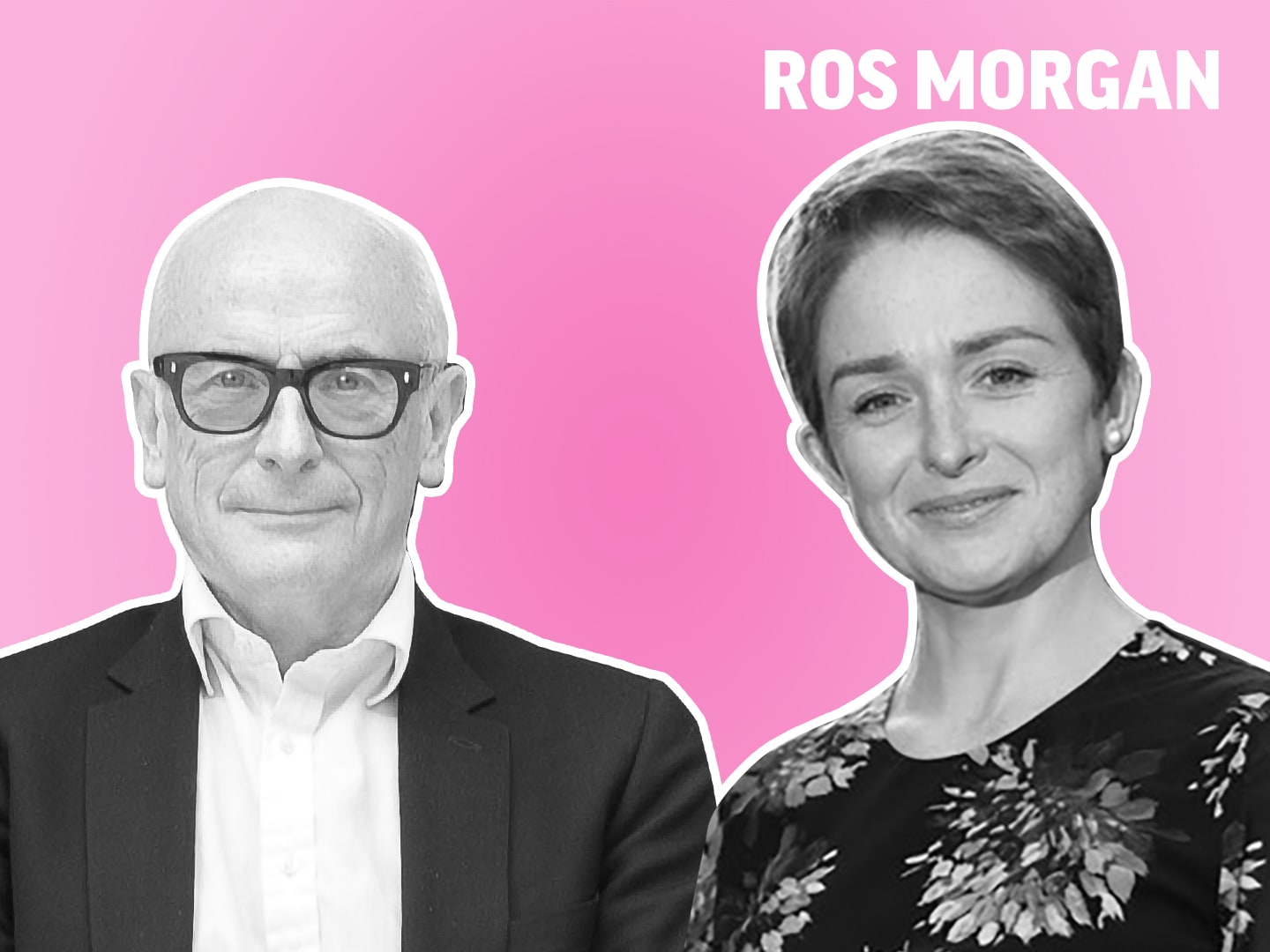At the height of World War II, the National Galley made a brave decision: it would stay open, even if it were reduced to exhibiting just one picture. People flocked to visit. As one contemporary letter [in The Times] put it: “Because London’s face is scarred and bruised these days, we need more than ever to see beautiful things.”
This story highlights the irreplaceable role the arts in society and human life, at all times. Throughout this crisis, the whole nation has craved inspiration, creativity and solace, all of which is to be found inside our institutions’ walls.
But at present, London’s arts and cultural sector faces an existential threat.
During the first lockdown, back in March 2020, Heart of London Business Alliance commissioned Arup to assess how the arts and cultural sector would fare between now and 2025 under various scenarios. Brace yourselves.
Under the worst-case scenario, where London experiences repeated lockdowns, there would be a catastrophic 97% decrease in economic output, which would amount to a total loss of £18.5 billion in GVA in the period from 2020 to 2024.
And this “worst-case scenario” for the arts and cultural sector is now becoming a reality, as we enter a third national lockdown this week.
The past nine months have already been devastating for the sector: theatres across London and the UK have been devastated, with a workforce on its knees; galleries and museums have suffered an unsustainable collapse in visitor numbers; and other artforms have had to make the unsatisfactory switch from live performance to virtual or socially distanced productions.
In the autumn when there were fewer restrictions, museums and galleries were able to remain open, although visitors were advised to book ahead for a specified time slot, which was hardly a remedy for low footfall. Theatres struggled to open safely under the rules. Viability was a long way off.
Now with London moving from Tier 4 to a full lockdown, the crisis facing the West End is real. We risk the near extinction of the arts and culture sector in one of the most culturally rich areas in the world, not only putting jobs at risk but permanently removing a piece of London’s cultural offer and the UK’s soft power abroad.
As the Royal Academy of Arts’ Chief Executive Axel Rüger put it: “What worries me greatly is, with now repeated lockdowns, central London will just not get any traction for people to come back.”
Cultural tourists spend £7.3 billion a year in the capital, supporting at least 80,000 jobs, including in the hospitality sector, making London’s cultural offer increasingly important the its wider economy. But beyond its economic role in securing London as the leading world city, to visit, to live, to work and to invest, culture also has a profound emotional impact – essential at a time when, for so many people, just getting through the day can be a struggle.
We believe that London needs a clear roadmap out of this crisis. It’s good news that vaccines present an exit strategy from restrictions, and that it’s in sight. But it’s still many months away. Our experience over the summer shows that footfall will not return instantly even when restrictions are lifted, and businesses will therefore need continued support so that they can play a role in helping drive London and the UK’s economic recovery.
If culture is to survive then it needs immediate help and investment to ensure that jobs are maintained, and institutions are kept afloat during periods of forced closure. Furthermore, the sector will need further specific support measures when the Government begins to look at relaxing restrictions and allowing large-scale gatherings once more.
When public health situation allows it, we will need to work together on a world-class public information campaign to give people the confidence to make that decision to travel in and start enjoying London’s wonderful cultural offer once more.
When London succeeds, so does the rest of the UK. A weakened London in no way supports the levelling up agenda. London’s status as a global city makes it a national asset which we should be doing everything in our power to support. Without London operating at full capacity, there will be no Global Britain.
Emotionally as well as economically, the arts and culture sector is such a key part of London: an asset to the local and national economy, Britain’s standing abroad, and the soul of the nation. And, just as it has supported us in the past, it is now time for us to pull out all the stops to ensure it has a future.









